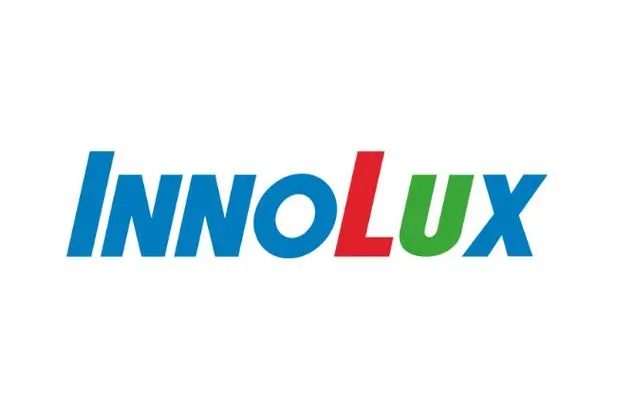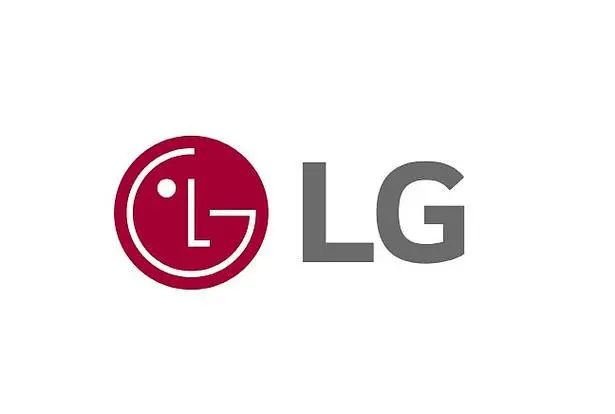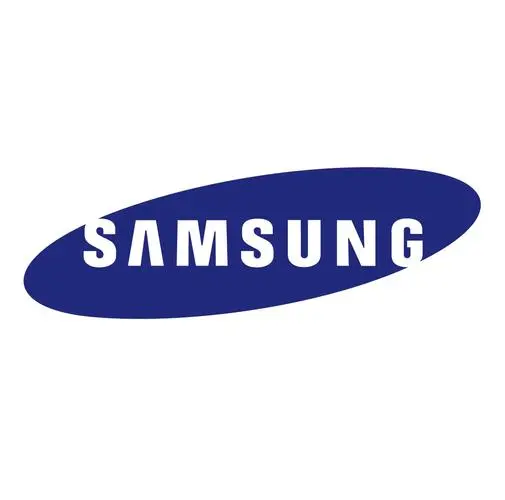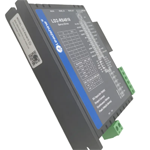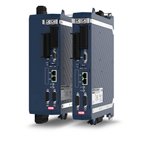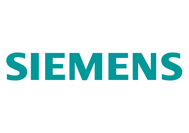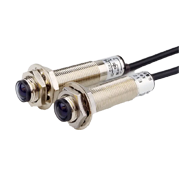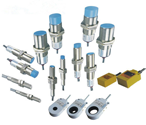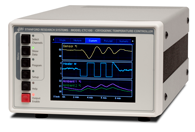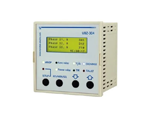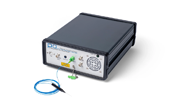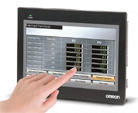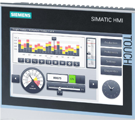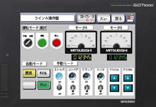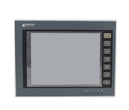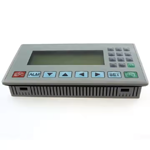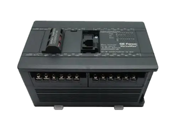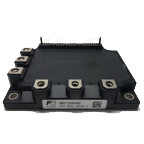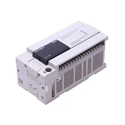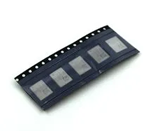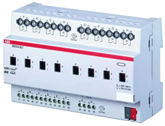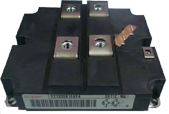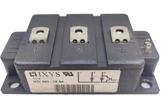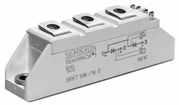- Industrial display
-
Industrial Products
- DC Servo Drive
- AC Servo Drive
- Industrial board
- Siemens
- Switch Sensor
- Proximity Switch
- Temperature Controller
- Protection Relay
- Fiber Optic Sensor
- Encoder
- Fan
- other
- Heidelberg
- MITSUBISHI
- FANUC
- Siemens adapter
- Fujitsu connector
- Motherboard
- Board
- Contactor
- Circuit
- OMRON
- Relay
- Motor Driver
- power supply
- Cable
- Transformer
- HMI Touch Glass
-
HMI Full Machine Whole unit
- OMRON HMI Touch Panel
- Siemens HMI Touch Panel
- Mitsubishi HMI Touch Panel
- Allen-Bradley automation HMI Touch Panel
- DELTA HMI Touch Panel
- Proface HMI Touch Panel
- KINCO DELTA HMI Touch Panel
- HITECH HMI Touch Panel
- WEINTEK HMI Touch Panel
- TECVIEW HMI Touch Panel
- WEINVIEW HMI Touch Panel
- PANASONIC HMI Touch Panel
- KYOCERA HMI Touch Panel
- SCHNEIDER HMI Touch Panel
- Module
- lcd inverter
- Membrane Keypad Switch
- Zhiyan Customized Touch Screens
- Frequency Inverter
- Servo Motor
- PLC
November 18th - Semiconductor and LCD chemical materials company Dongjin Semiconductor has decided to withdraw from the Chinese market on a large scale, planning to sell 10 of its 11 local companies in China. This strategy aims to address the supply chain self-sufficiency driven by China's "Made in China 2025" policy and the decline in business share due to the transition from LCD to OLED.

According to the Financial Supervisory Commission's electronic disclosure system on the 18th, Dongjin Semiconductor will sell 10 of its 11 companies in China. The companies to be sold include: Beijing Dongjin, Ordos Dongjin, Sichuan Dongjin, Wuhan Dongjin, Dongjin Electronic Materials (Qidong), Chengdu Dongjin, Hefei Dongjin, Chongqing Dongjin, Huizhou Dongjin, and Fuzhou Dongjin.
These companies all manufacture process chemicals used in LCD exposure processes for cleaning glass plates in China. The transaction is expected to raise approximately 273.5 billion Korean won, with a final closing date of May 31st next year.
Dongjin Semiconductor entered the Chinese market for the first time in 2004 by establishing "Beijing Dongjin Semiconductor Technology Co., Ltd." with a capital of 2.9 billion Korean won. At that time, in order to serve the factory set up in Beijing by BOE Technology Group, a Chinese display manufacturer, the company established a production base near its customer.
The sale will be conducted through SPV2, a joint venture established by Dongjin Semiconductor and its wholly-owned subsidiary, Dongjin Global Holdings (hereinafter referred to as "Dongjin Global"). The two companies will contribute 100% equity in their 10 subsidiaries to the Chinese project company, SPV2, as in-kind investment.
An SPV is a company temporarily established for the purpose of acquisition or investment, similar to a special purpose corporation (SPC) in South Korea.
Subsequently, 100% equity of these 10 companies will be sold to SPV1, a project company operated by Qingdao Dongjia Home Furnishing Industry Investment Group and Qingdao Truesino Optoelectronic Industry Investment Fund.
Following the transaction, Dongjin Semiconductor will regain a 10% stake, while Dongjin Global will acquire a 20% stake. Ultimately, Dongjin will transfer 70% of its equity to the acquiring party.
Through this transaction, Dongjin Semiconductor will receive 94 billion won, including 62.1 billion won from the sale price, 11.1 billion won for technical support, and 20.8 billion won for localization support of production technology. Dongjin Global is expected to receive 179.5 billion won.
The sale comes against the backdrop of China's "Made in China 2025" supply chain self-sufficiency policy, which anticipates a significant decrease in LCD-related revenue for South Korean materials companies. China aims to achieve a 70% domestic production rate for semiconductors and display materials, leading to a continued decline in demand for South Korean materials. Furthermore, the shift of Chinese panel manufacturers' focus from LCD to OLED is also a key factor prompting the company's decision to sell.
A representative from Dongjin Semiconductor stated, "China is currently transitioning from LCD to OLED and promoting the localization of the display supply chain. The company anticipates a continued decline in future revenue and therefore believes that a sale now would yield a higher valuation, leading to the decision to proceed with the sale agreement."
Dongjin Semiconductor, established in 1973, primarily engages in the business of photoresist-related electronic materials used in semiconductor and TFT-LCD exposure processes, as well as the business of industrial basic materials such as foaming agents. Its major customers include Samsung Electronics, SK Hynix, and LG Display. In the third quarter of this year, its cumulative sales reached 884.9 billion won, with a net profit of 64.8 billion won.



